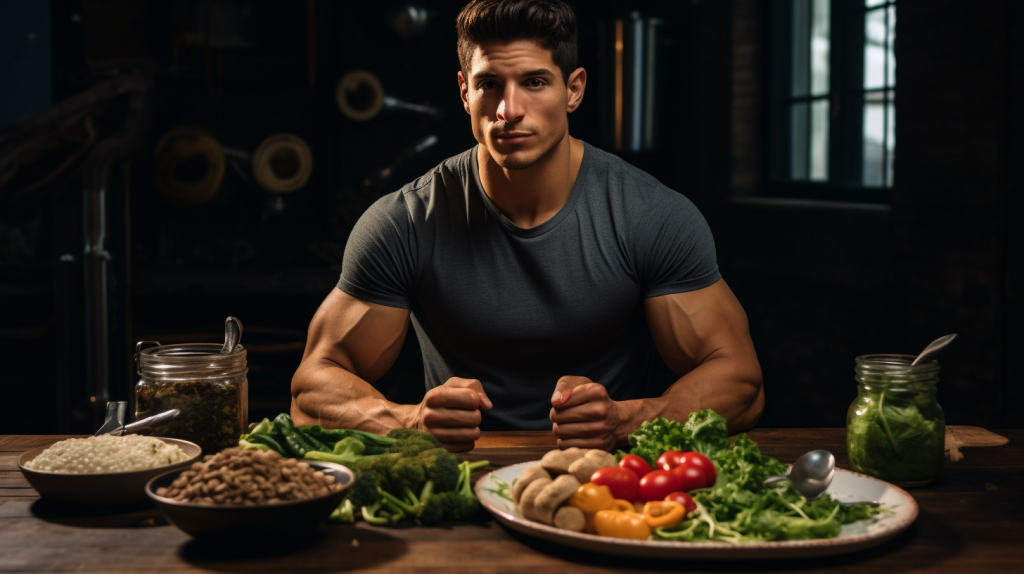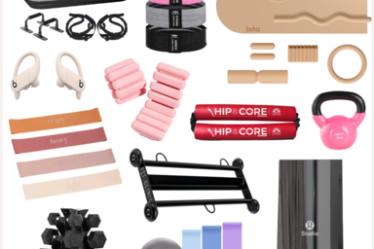Introduction
In the pursuit of peak performance during workouts, nutrition plays a pivotal role. The foods we consume directly impact our energy levels, endurance, and ability to push through challenging exercises. Understanding the relationship between nutrition and workout performance is essential for achieving fitness goals effectively.
Understanding Energy Requirements
Before delving into specific foods, it’s crucial to grasp the energy demands of various types of workouts. Whether engaging in cardio, strength training, or endurance activities, the body requires adequate fuel to perform optimally. Macronutrients, including carbohydrates, proteins, and fats, serve as the primary sources of energy.
Carbohydrates: The Primary Fuel
Carbohydrates are the body’s preferred source of immediate energy, making them indispensable for workouts requiring quick bursts of energy. Foods rich in carbohydrates such as whole grains, fruits, and vegetables provide readily available fuel to power through intense exercises.
Protein: Building Blocks for Muscle Repair
Protein is essential for muscle repair and growth, making it crucial for individuals engaging in strength training and muscle-building exercises. Incorporating sources of high-quality protein like lean meats, fish, eggs, and legumes into one’s diet supports muscle recovery and enhances workout performance.
Healthy Fats: Sustained Energy Source
Contrary to popular belief, fats are not the enemy when it comes to energy production. Healthy fats, found in foods like avocados, nuts, seeds, and olive oil, serve as a sustained energy source, providing long-lasting fuel for endurance activities and prolonged workouts.
Hydration: Essential for Performance
Staying hydrated is paramount for maintaining energy levels and preventing fatigue during workouts. Proper hydration supports optimal muscle function and cognitive performance, enabling individuals to sustain intensity and focus throughout their training sessions.
Pre-Workout Nutrition
The composition of pre-workout meals significantly influences energy levels and performance. Consuming a balanced meal containing carbohydrates, protein, and a small amount of healthy fats approximately 1-2 hours before exercising provides the body with the necessary nutrients to perform at its best.
During-Workout Nutrition
For longer workout sessions, it’s essential to refuel the body with snacks rich in carbohydrates and electrolytes to sustain energy levels and prevent depletion. Portable options such as energy bars, fruits, and sports drinks offer convenient sources of fuel to keep you going strong.
Post-Workout Nutrition
After completing a workout, refueling the body with a combination of carbohydrates and protein is crucial for replenishing glycogen stores and supporting muscle recovery. Consuming a nutrient-rich meal or snack within the post-workout window accelerates the recovery process and prepares the body for future workouts.
Supplements for Energy
While whole foods should form the foundation of one’s nutrition plan, certain supplements can complement dietary intake and enhance energy levels. However, it’s essential to exercise caution and consult with a healthcare professional before incorporating supplements into your regimen.

Meal Timing and Frequency
Optimizing meal timing and frequency based on your workout schedule can maximize energy levels and performance. Eating smaller, balanced meals or snacks every few hours ensures a steady supply of nutrients to fuel workouts and promote recovery.
Personalized Nutrition Approach
Recognizing that individual nutritional needs vary based on factors such as age, gender, body composition, and activity level, adopting a personalized approach to nutrition is key. Consulting with a registered dietitian or nutritionist can help tailor a nutrition plan that aligns with your goals and lifestyle.
The Role of Rest and Recovery
In addition to nutrition, adequate rest and recovery are essential components of a comprehensive fitness regimen. Prioritizing quality sleep, incorporating rest days into your workout schedule, and practicing stress-reducing activities support energy restoration and overall well-being.
Incorporating Variety in Diet
Maintaining a diverse diet not only ensures adequate nutrient intake but also keeps meals interesting and enjoyable. Experimenting with different foods, flavors, and cuisines adds excitement to your diet while providing a broad spectrum of nutrients to support optimal health and energy levels.
Conclusion
Optimizing nutrition is fundamental for enhancing workout performance and achieving fitness goals. By fueling your body with the right combination of carbohydrates, protein, fats, and hydration, you can unlock your full potential and conquer even the most demanding workouts with ease.
FAQs
- Are energy drinks a suitable option for boosting workout performance? While energy drinks may provide a temporary energy boost due to their caffeine content, they often contain high amounts of sugar and artificial additives. Opting for natural sources of energy, such as whole foods and hydration, is generally a healthier and more sustainable approach.
- Should I eat before or after a workout? Both pre- and post-workout nutrition are important for maximizing performance and recovery. Consuming a balanced meal or snack containing carbohydrates and protein before exercising provides energy, while refueling with nutrient-rich foods after a workout supports muscle repair and glycogen replenishment.
- Can I rely solely on supplements for my nutritional needs? While supplements can complement a healthy diet, they should not replace whole foods. Whole foods offer a broader array of nutrients and phytochemicals that are essential for overall health and well-being. Supplements should be used selectively and under the guidance of a healthcare professional.
- How much water should I drink during a workout? Hydration needs vary depending on factors such as exercise intensity, duration, and environmental conditions. As a general guideline, aim to drink water regularly throughout your workout to maintain hydration levels and replace fluid losses through sweat.
- What role does glycemic index play in pre-workout nutrition? Foods with a low to moderate glycemic index (GI) are typically recommended for pre-workout consumption as they provide a sustained release of energy. However, individuals may benefit from experimenting with different foods to find what works best for their bodies and exercise routines.


